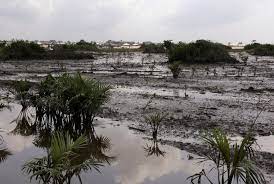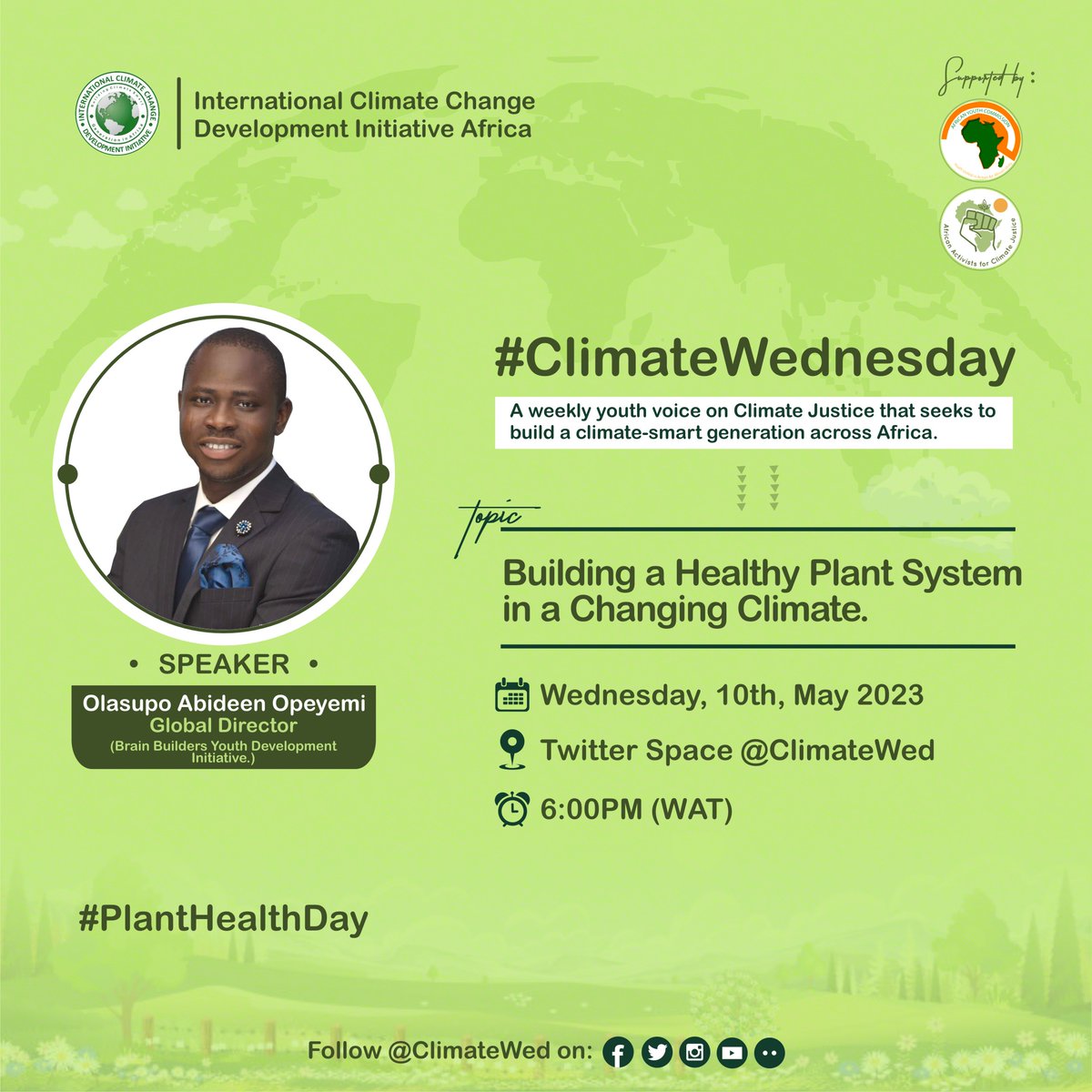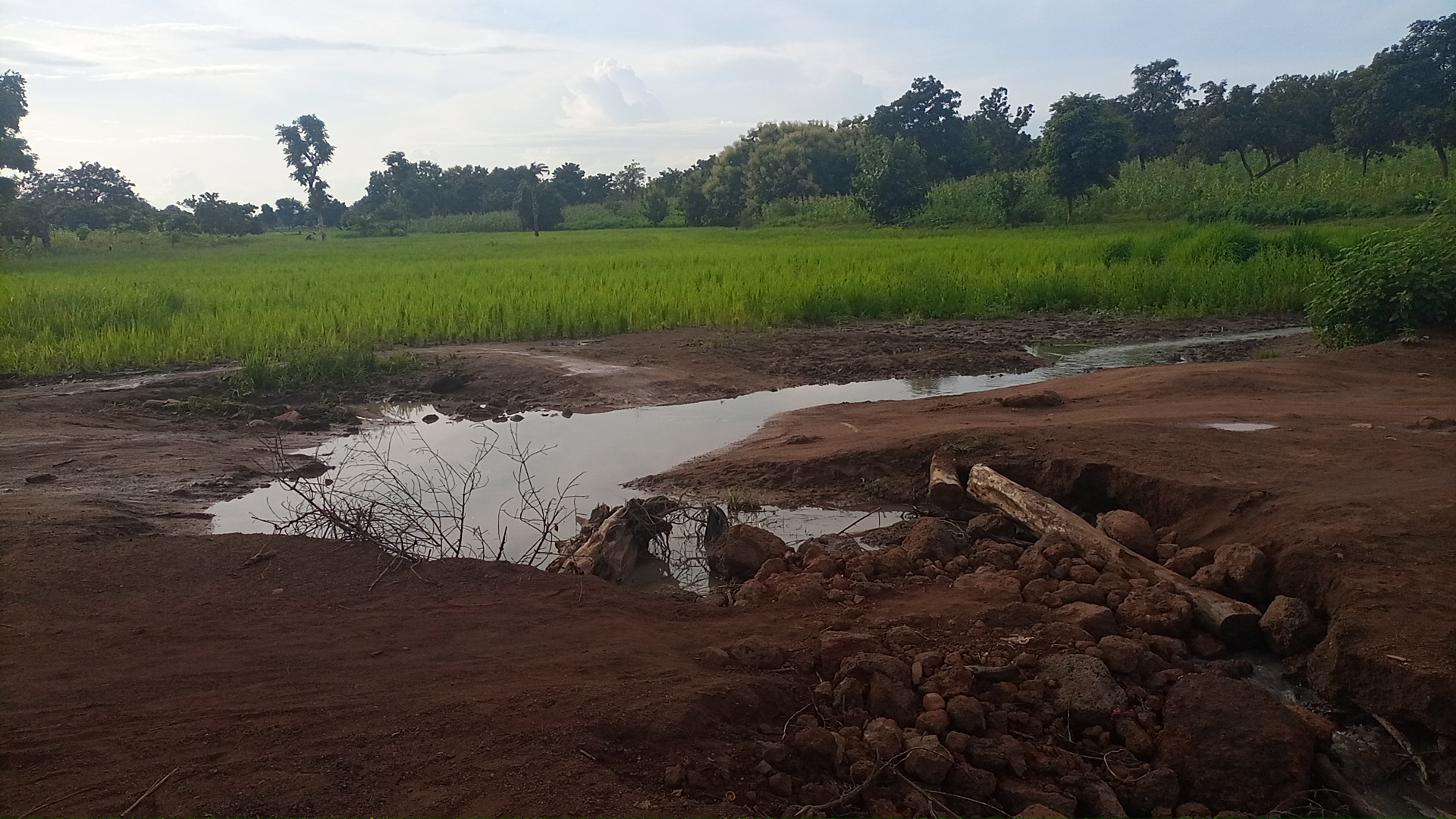A civil society organisation, Health of Mother Earth Foundation (HOMEF) has called for a comprehensive health and environmental audit of Ogoni land, the entire Niger Delta, and wherever there have been negative impacts of hydrocarbon exploration and exploitation in Nigeria.
The Director of HOMEF, Nnimmo Bassey made the call in a statement reacting to the appointment of a new coordinator Hydrocarbons Pollution Remediation Project (HYPREP) Professor Nenibarini Zabbey.
He called on the Federal Government of Nigeria, and the oil and gas industry to begin a comprehensive cleanup of the Niger Delta region and take coordinated action to end all forms of pollution including gas flaring.
While congratulating the newly appointed of HYPREP coordinator, Professor Nenibarini Zabbey, he noted that he must resolve to do things differently. Transparency, focus, and inclusion of all relevant stakeholders must be key in the operations.
According to him “The clean-up of Ogoni has taken longer than necessary despite the available resources and manpower made available. In 2012, the Nigerian government established the Hydrocarbons Pollution Restoration Project (HYPREP) to help with the clean-up of Ogoni land and impacted communities. The name, described as “anachronistic” by activists, was changed to Hydrocarbons Pollution Remediation Project (HYPREP) in 2016 when the cleanup was flagged off.
“Project Coordinators for the job has come and gone, and yet a new one has been appointed.
“We applaud the appointment of Prof. Nenibari Zabbey. Who has deep knowledge of the Ogoni environment and has done important research in the area and in the wider Niger Delta region. This appointment coming 12 years after the UNEP report should signify a turning point in the sluggish manner by which the clean-up has been approached,” he said.
Bassey noted that with Zabbey’s pedigree as an academician and activist, the expectations of stakeholders are high, and failure is not an option. He adds that things must be done differently, and the complex pollution sites must be tackled resolutely, noting that time is of the essence as the situation gets worse with every passing day.
He urged the Project Coordinator to make accountable and transparent key planks of his tenure.
Professor Zabbey who is a Professor of Biomonitoring and Restoration Ecology, at the Department of Fisheries, University of Port Harcourt, also coordinates the Centre for Environment, Human Rights and Development (CEHRD) – a respected civil society organisation.
By Dare Akogun





